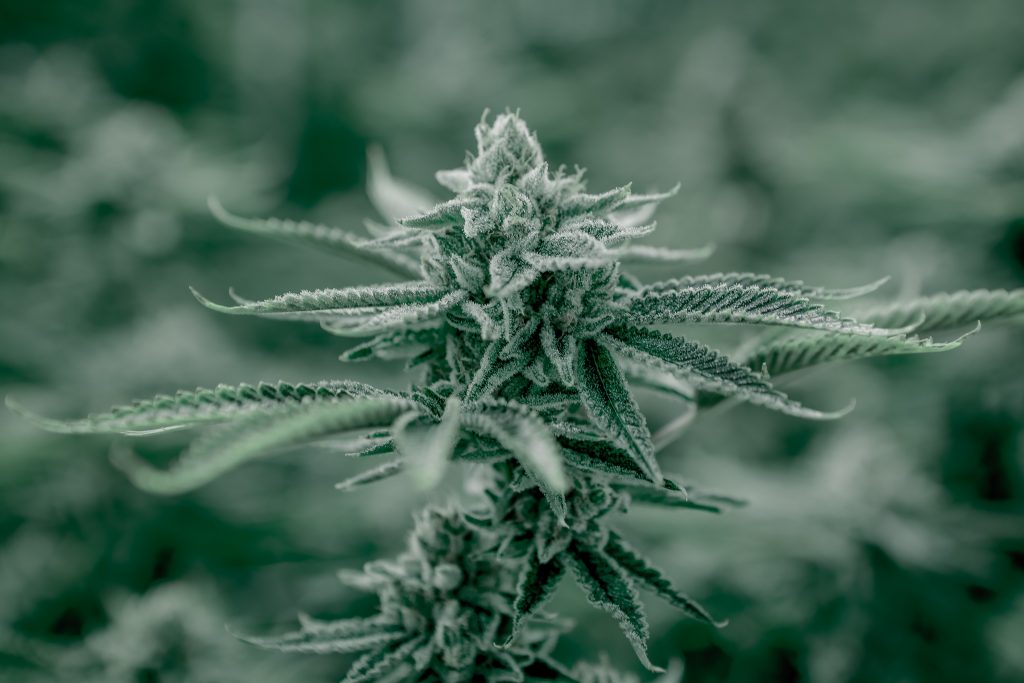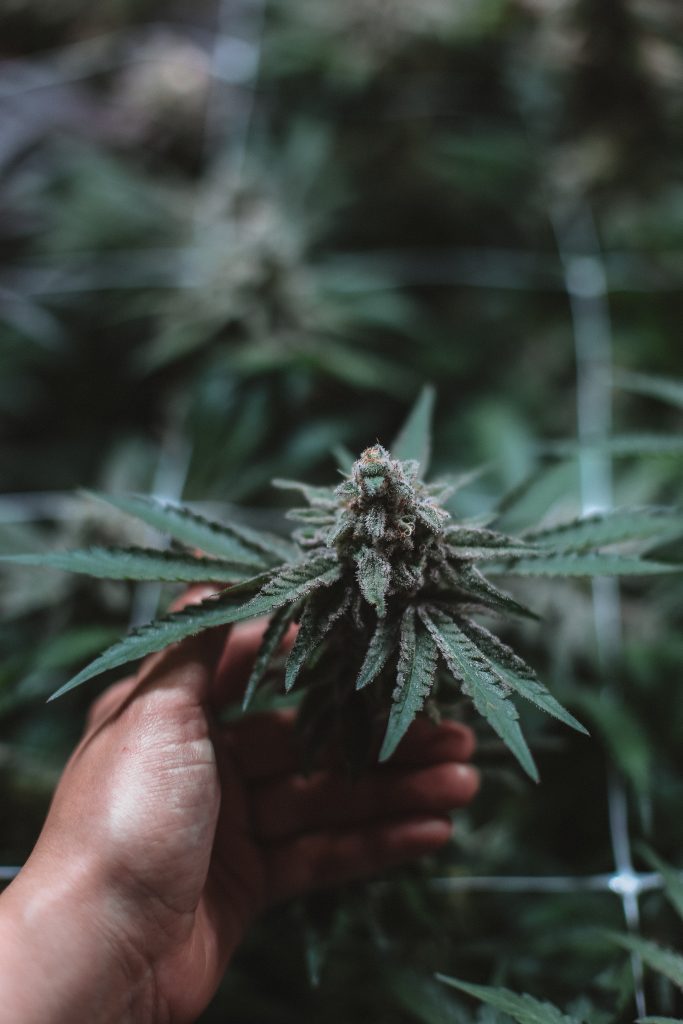CBD was the buzzword of 2019 — soon after hemp became (re)legalized on December 21, 2018. But even now, two years later, people are still asking — “Is hemp oil the same as CBD oil?”

Cannabidiol—better known as CBD—is one of over 100 different cannabinoids found in the hemp plant. And since CBD comes from hemp, it’s understandable why the question, “Is hemp oil the same as CBD oil” still lingers.
So, what is the difference? Is there a difference? Read on to find out.
CBD vs Hemp Oil
Before we dive into whether hemp oil is the same as CBD oil, let’s define them both…
Hemp is a plant. A plant that is a part of the Cannabis Sativa L. family (yes, it’s related to marijuana—they’re cousins). But, it does not produce any psychoactive effects like MJ. Through the passing of the 2018 Farm Bill, hemp must be under 0.3% tetrahydrocannabinol (THC) (1). THC is the chemical responsible for that “high” feeling.
So if you’re wondering, “How much THC is in CBD oil?”, it’s minuscule. If it’s over 0.3%, it’s not legally hemp.
CBD, on the other hand, is a chemical compound found in hemp. CBD isn’t a plant. It doesn’t grow leaves. It doesn’t X. It is simply a cannabinoid that’s extracted from hemp seeds—the edible fruits of the C. Sativa L. plant. The hemp industry, also referred to as ‘Big Weed,’ have finally seen progress in their efforts to market CBD as a dietary supplement. Although the Food and Drug Administration (FDA) has yet to classify it as such, vast advancements have been made in the last two years (2).
So, the difference between hemp and CBD, you ask?
Hemp is a plant that can take on many different forms—over 50,000 actually—ranging from industrial to agricultural to medicinal (3) (4) (5).
And those medicinal properties are where CBD comes into play…
How to Take CBD Oil
Adding CBD into your lifestyle is all about “starting low and going slow” (6).
Translation: start with a low dose of milligrams (say, 5-10mg), and slowly increase that dose each week until you mind your CBD sweet spot (7).
A good rule of thumb is to start with an organic CBD oil tincture from a trustworthy company so that you can measure out each dose yourself (because CBD gummies and softgels don’t exactly give you the option to measure out a perfect dose).
How Does CBD Oil Make You Feel?
Now that you know how to take CBD oil, let’s talk about how CBD oil will make you feel…
The first time you consume it, it is going to reactivate your Endocannabinoid System (ECS). Your ECS is composed of CB1 and CB2 receptors—which are found in the brain, organs, connective tissues, glands, and immune cells. So, when you consume CBD, you’re actually putting your body back into homeostasis (i.e. balance). Endocannabinoids are considered to be a bridge between the body and mind (8).
With that being said, it can feel different for everyone—some may feel nothing but calm, while others may feel a low-to-moderate “body high.” Note: because there is very little THC, you will not feel a head high. The body high essentially feels like your body has slipped into a state of relaxation. Some people even describe it as feeling like a weighted blanket is on them.
Because your body already has a system (the ECS) that is literally designed to thrive off of cannabinoids, people using CBD have experienced incredible health benefits. The top reasons people taking CBD oil include anxiety (67%), insomnia (60%), joint pain and inflammation (52%), and depression (43%) (9).
How Long Does CBD Stay In Your System?
A good thing to know is how long CBD will stay in your system.
In a study involving 14 Huntington’s disease patients, the patients were given 700mg of CBD per day for six weeks. This mean level of plasma for CBD ranged from 5.9-11.2 ng/ml over the course of the six weeks. Just one week after the discontinuation of CBD, the CBD levels averaged 1.5 ng/ml, and were virtually undetectable thereafter. With that being said, we can conclude that the half-life of CBD is approximately 2-5 days (10).
Final Thoughts on Hemp vs CBD Oil

So far, we’ve gone over whether hemp oil is the same as CBD oil, how to take CBD oil, what CBD oil feels like, and how long CBD stays in your system.
And although the FDA has yet to approve CBD as a dietary supplement, this plant has helped people worldwide and has a very promising future.
If you plan on using CBD to put your Endocannabinoid System back into balance, be sure to start low and go slow.
References
- CONFERENCE REPORT
- https://www.fda.gov/news-events/public-health-focus/fda-regulation-cannabis-and-cannabis-derived-products-including-cannabidiol-cbd#dietarysupplements
- Industrial Hemp | National Institute of Food and Agriculture
- NCSL – State Industrial Hemp Statutes
- Hemp & Cannabidiol: What is a Medicine?
- Why We Start Low & Go Slow
- CBD Dosage Calculator: How Much CBD Should I Take? — Daily CBD
- Getting High on the Endocannabinoid System
- CBD – HelloMD Brightfield Study -Summary Report
- Assay of plasma cannabidiol by capillary gas chromatography/ion trap mass spectroscopy following high-dose repeated daily oral administration in humans
A list of The Different Cannabinoids found in Hemp | National Hemp Association
The Seed of Industrial Hemp (Cannabis sativa L.): Nutritional Quality and Potential Functionality for Human Health and Nutrition
Hemp as an Agricultural Commodity

